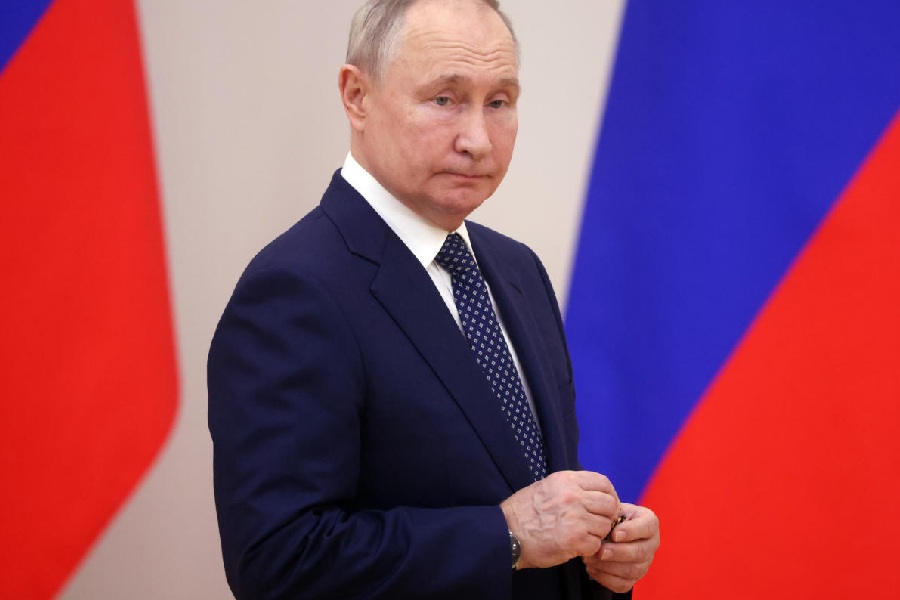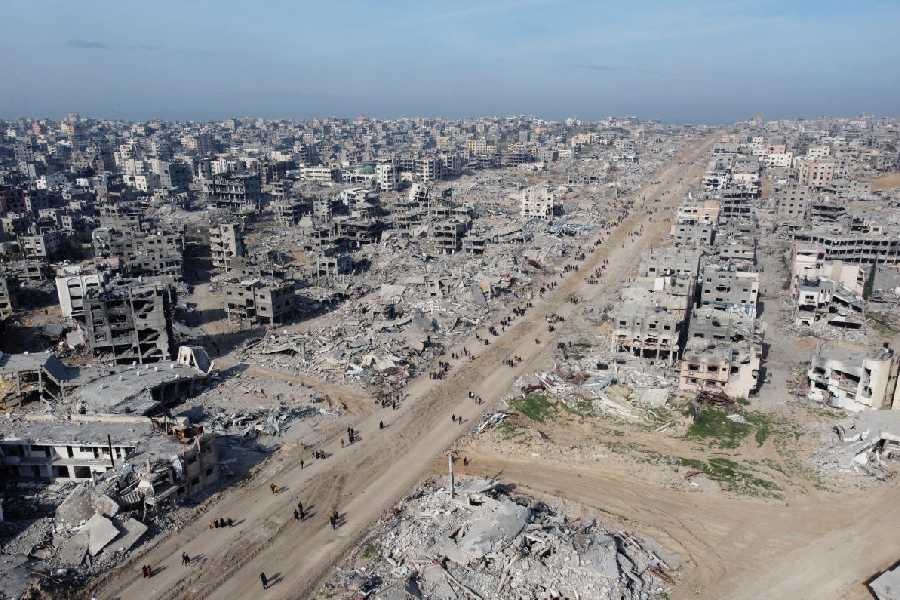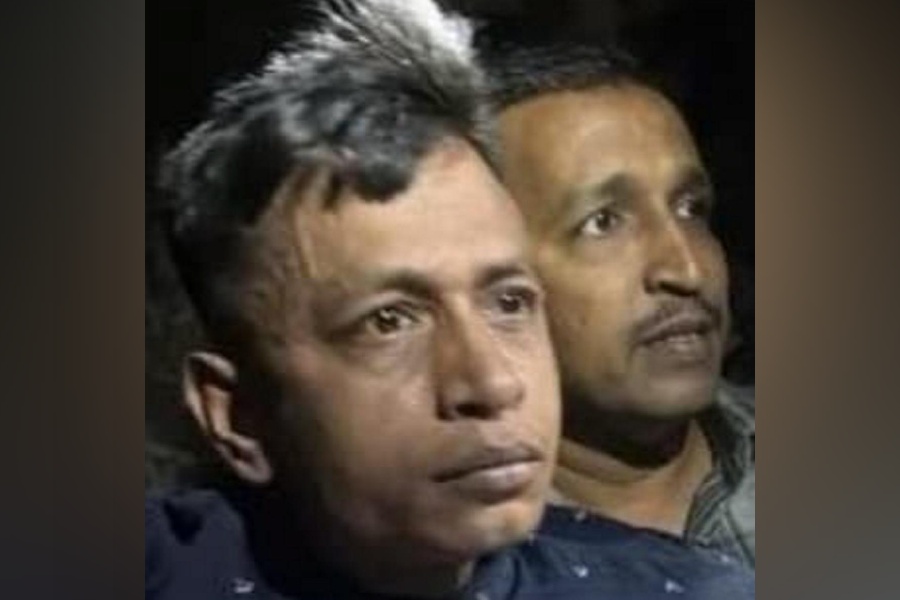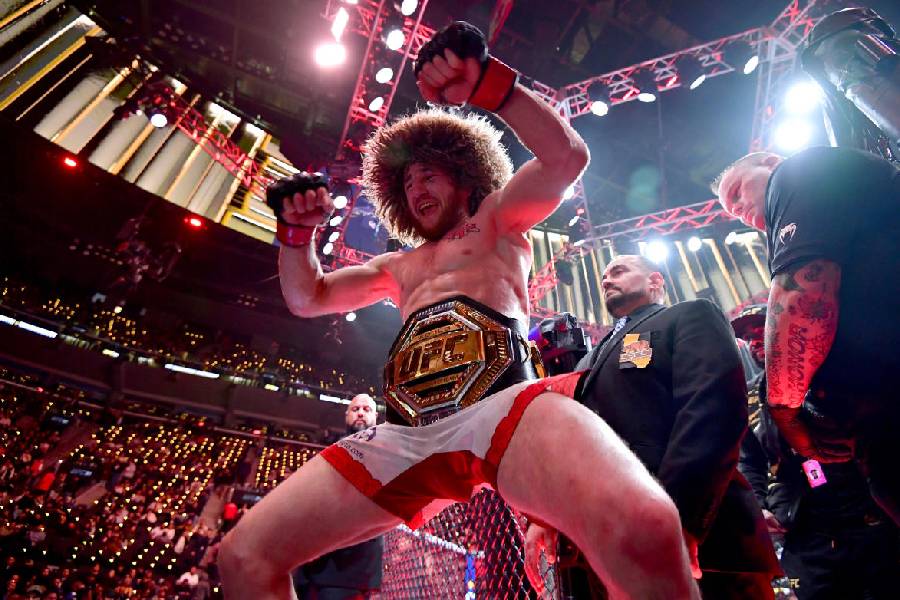The Russian president, Vladimir Putin, has claimed victory in a presidential election that critics have called illegitimate. But the election served as a reminder of the challenges that Russia faces and the ways in which Mr Putin continues to influence the world. The election was always expected to result in a landslide win for Mr Putin as key Opposition politicians had their candidatures rejected ahead of the polls. Voting was also held in the four Ukrainian provinces that Russia annexed during Moscow’s war on its neighbour. Reports from those regions suggest that people were coerced into casting their votes with armed men watching over them. Yet, even as the election was underway, Ukrainian drones attacked Russian territory, underscoring the threat that Moscow continues to face from Kyiv and its Western allies. While Mr Putin has won a fifth term as the country’s leader, signs of public dissent have been evident across Russia in recent times. Some voters poured dye into ballot boxes as an act of protest. Hundreds of Russians had also shown up at the memorial of the late Opposition leader, Alexei Navalny, who died in an Arctic prison in February.
However, it is undeniable that Mr Putin has weathered the war in Ukraine better — both domestically and internationally — than his critics had anticipated, especially after a disastrous first few months for Moscow when its army suffered several losses. Despite having the strongest-ever sanctions regime enforced against a country, Russia’s economy has significantly outperformed expectations, shrinking far less than the International Monetary Fund had predicted. Russia managed to replace Western brands that left the country with local ones manufacturing similar products, minimising the impact on ordinary people. Oil revenues remain high with India, China and Turkey taking Europe’s place as the biggest purchasers of Russian crude. Iran and North Korea have supplied Russia with key weapons. The Russian army is also making slow gains in Ukraine after blunting Kyiv’s counteroffensive last autumn. The West — the United States of America in particular — faces internal political divisions over whether to continue supplying arms and cash to Ukraine or to push for a ceasefire that could see Kyiv lose territory. For India, Mr Putin’s re-election will ensure the stability of an important relationship. The Russian leader has engaged with India for almost a third of its independent history and he is not done yet.











